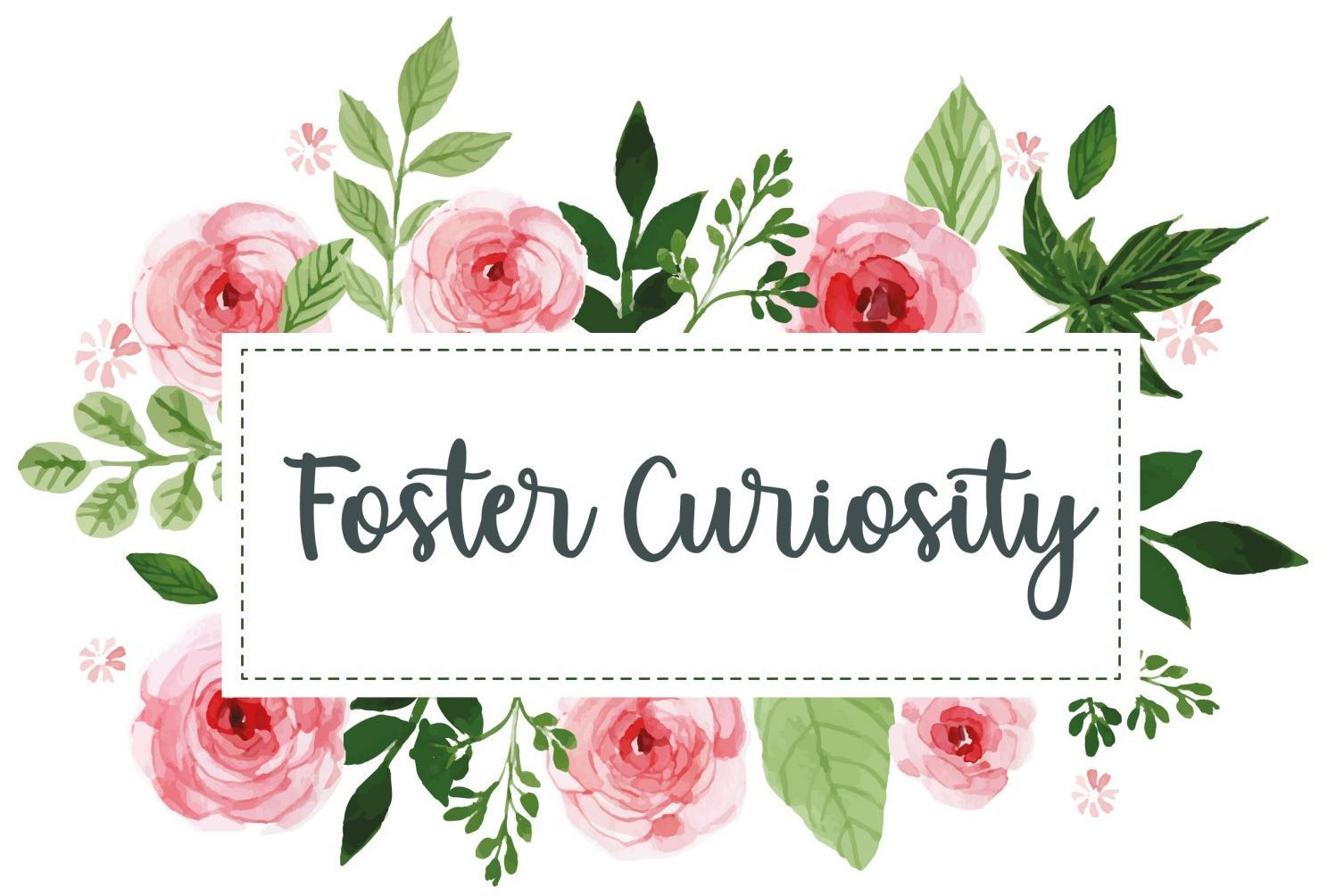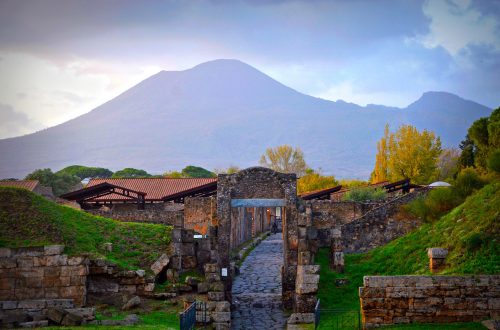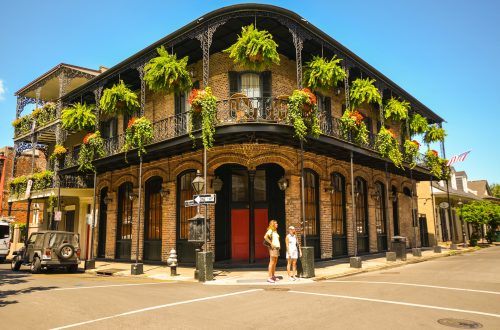
The History of Hamilton
I’ve been to New York City twice now, and I had the wonderful opportunity to see Phantom of the Opera on Broadway when I was in college. It was an incredible experience to see the raw talent that the actors had. When Disney+ announced that they were putting Hamilton on their streaming service, I was absolutely thrilled. What a perfect way for me to learn more about history–and on the Fourth of July, too!
I grabbed a notebook and a flair pen (they’re like teacher glitter–sprinkled all around), and snuggled up with the cat on the couch. The show was almost three hours–and it was incredible.
While I was watching the talented actors and actresses sing their hearts out, I took notes on the historical events they were singing about. I had learned a lot about the time period at some point in my educational career, but there wasn’t much that I remembered other than Betsy Ross making the flag (I think I wrote a research paper about her in middle school) and the Boston Tea Party (one of the more exciting things we talked about in school). I figured I had my work cut out for me.
Alexander Hamilton
Alexander Hamilton was an immigrant from the British West Indies who traveled to America to attend King’s College–now named Columbia–in New York. With the tensions building with the British, Hamilton left his studies to join the fight for freedom in America.
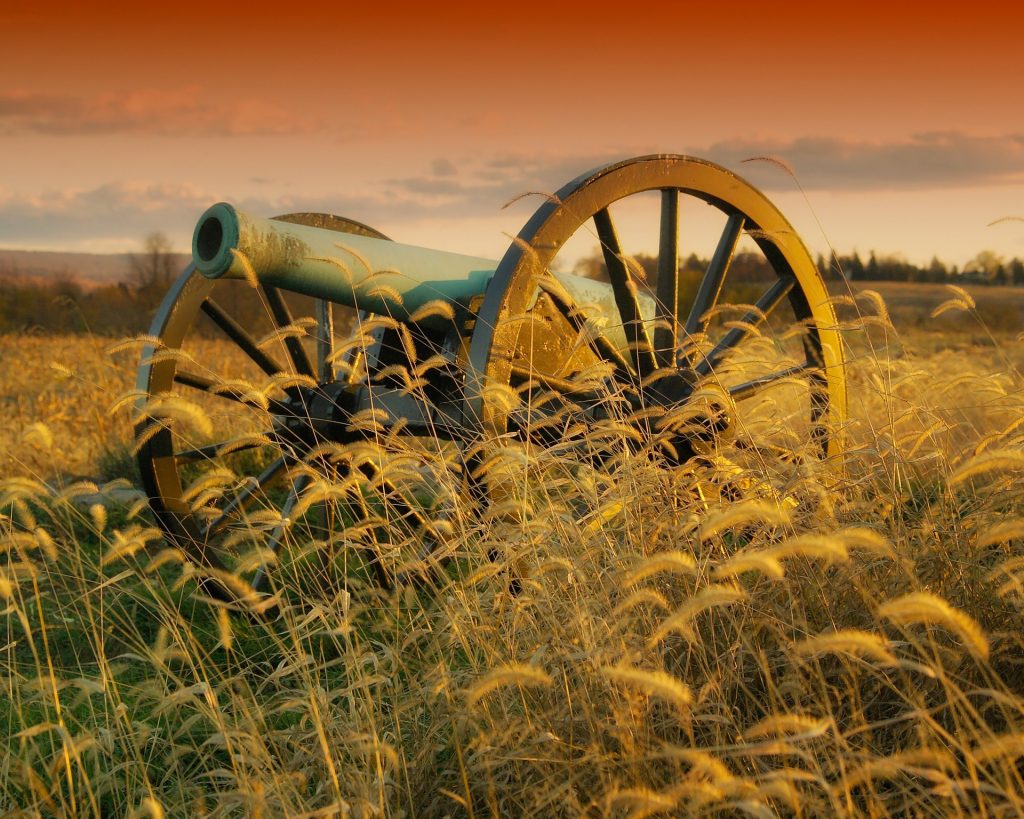
The American Revolution
His ideas and writings quickly got the attention of many. Hamilton defended the Boston Tea Party–which was an event that the tea tax the King was forcing Americans to pay was protested. He also wrote three pamphlets that discussed the agreements of the Continental Congress on non-importation (prohibition to import goods from another country), non-consumption (inability for a person or group to buy or consume goods from another country), and non-exportation (prohibition to export goods to another country).
In 1776, Hamilton was named captain of the provincial artillery in New York. Just a year later, General George Washington invited Hamilton to be his “right hand man”. They worked together for four years before a dispute caused Hamilton to resign. Later in the same year, Hamilton served as a commander of a regiment of New York and served in the battle of Yorktown.
The surrender of the British at the battle of Yorktown lead to two treaties being signed, both of which are included with many other agreements as the Peace of Paris. This marked the end of the Revolutionary War.
The Founding Fathers
In school, I remember briefly learning about the founding fathers, but those lessons must not have been memorable because all I remember are a couple of names–Hamilton was not one of them.
Hamilton is an important part of our history, and he had a lot to do with they systems and laws that we still have in place today. For example, he had a huge role in writing The Federalist Papers in 1788. The papers promoted the Constitution and the ratification of it.
Hamilton was a huge proponent for a strong federal government. His reasoning was that too little power at the federal level could lead to anarchy.
Washington later appointed Hamilton as the first Secretary as Treasury. With this role, he designed and established the financial system in America. He is also known as “The Father of the National Debt” and he believed that having a national debt would be a good thing, as long as the debt wasn’t too high.
When Washington decided to step down from President, John Adams became the second president of the United States. Later, Thomas Jefferson and Aaron Burr would face off to become the president after Adams.
The other Founding Fathers included: George Washington, James Madison, Thomas Jefferson, John Adams, Benjamin Franklin, George Mason, Gouverneur Morris, Roger Sherman, James Wilson, and Edmund Randolph.

Personal Life
Alexander Hamilton met and married Elizabeth (Eliza) Schuyler, who was the daughter of a wealthy and prominent man–General Philip Schuyler. The two had eight children throughout their marriage.
The First Scandal
Hamilton had an extramarital affair that would become known as one of the first scandals in the country’s history. His mistress, Maria Reynolds, was still married during their affair, though her marriage was broken and her husband was not around. When her husband returned, he decided that he could profit from his wife’s affair. James Reynolds blackmailed Hamilton, and Hamilton paid off the Reynolds so Eliza would not find out.
The affair eventually wore down Hamilton, and as his character was being accused of more “heinous” crimes, he decided that a confession would sacrifice his marriage and social status in order to save everything that he had already built for the country.
In his pamphlet, Observations on Certain Documents, Hamilton admitted to his affair with Reynolds and published the letters that were written between them.
Alexander Hamilton’s reputation was destroyed, and all of his future plans in politics disappeared. His name was tarnished, and many people voiced their opinions about the scandal.
Philip Hamilton
One of those opinions voiced was George Eacker’s. Eacker stated in a speech that Alexander Hamilton had wanted to use his status in the military to intimidate his political opponents. Philip was a lot like his father, and his temper drove him to challenge Eacker to a duel.
Hamilton didn’t try to deter his son from the duel, instead it is said that he encouraged his son to delope–to either refrain from shooting or to shoot the first shot into the air.
Philip listened to his father, and it resulted in him getting a fatal wound to the hip. Philip died at nineteen years old, driving Hamilton into a deep depression.
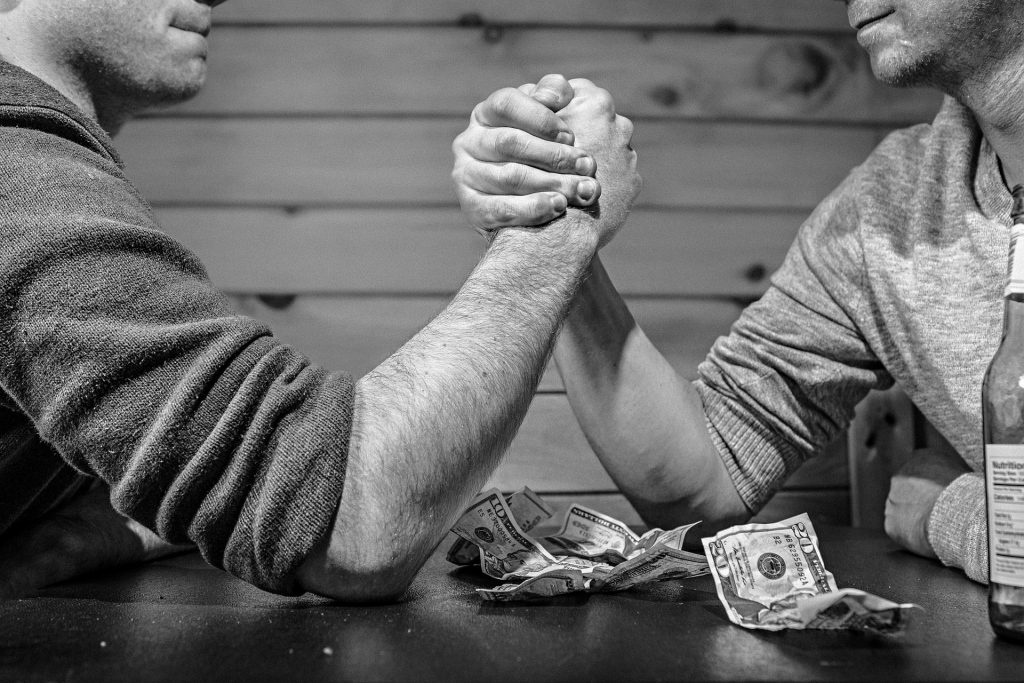
The Final Duel
While Jefferson and Burr were running against each other to become president, Hamilton was working back home at his law practice. As the results were coming in, the two opponents were close. Hamilton endorsed Jefferson–even though they disagreed on almost everything–because he distrusted Burr.
Burr lost the election and became vice president (those were the rules at the time), and was furious. Burr challenged Hamilton to a duel, and Hamilton accepted.
On July 11, 1804, three years after his son’s death, Alexander Hamilton suffered a mortal wound and died soon after.
The Takeaway
I am so glad that there are so many different forms of media that teach us about our history. As I was watching the film, I took notes on events to check for accuracy. The more research I did on Alexander Hamilton’s life, the more impressed I was.
Lin-Manuel Miranda crafted this musical–and it’s a lot more accurate than I was expecting. I didn’t want to write a summary of the musical itself because I think everyone should check it out for themselves, but the summary of his life above ended up being really close to the play’s summary that I wrote in my notebook.
The first time I watched Hamilton, I watched to learn. The next time I watch Hamilton, I am going to watch to enjoy.
Learn More
I linked a bunch of sources throughout the post in case anyone wants to read more about some of the events. If you would like to learn more, here are some of the other sources that I used: History Extra, Encyclopedia Britannica, History, America’s Survival Guide, America’s Survival Guide, American History Central. Happy learning!


